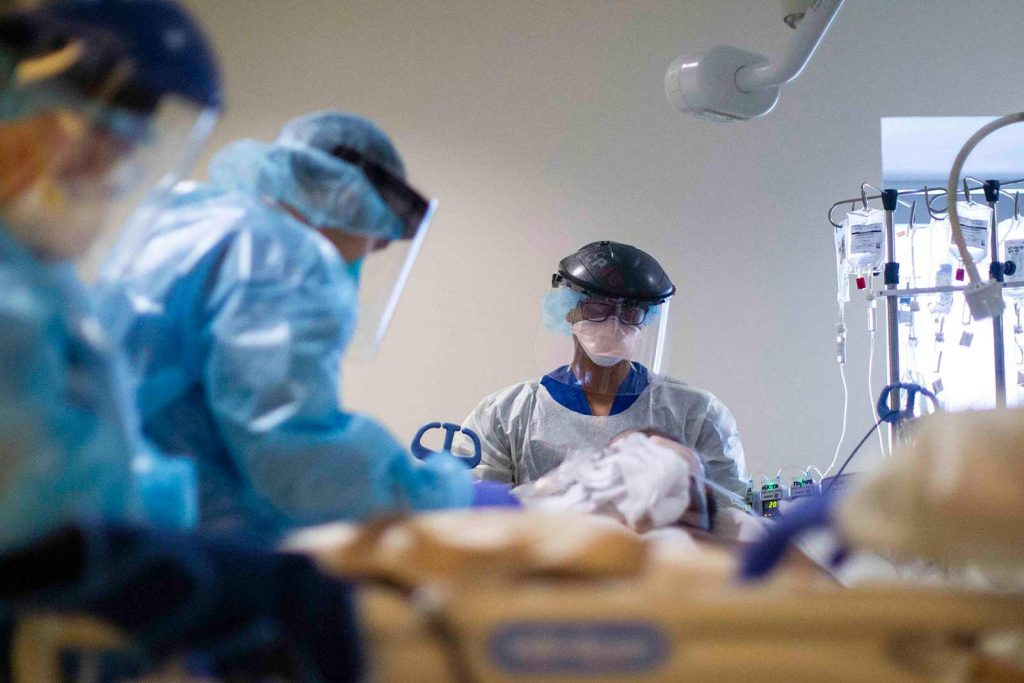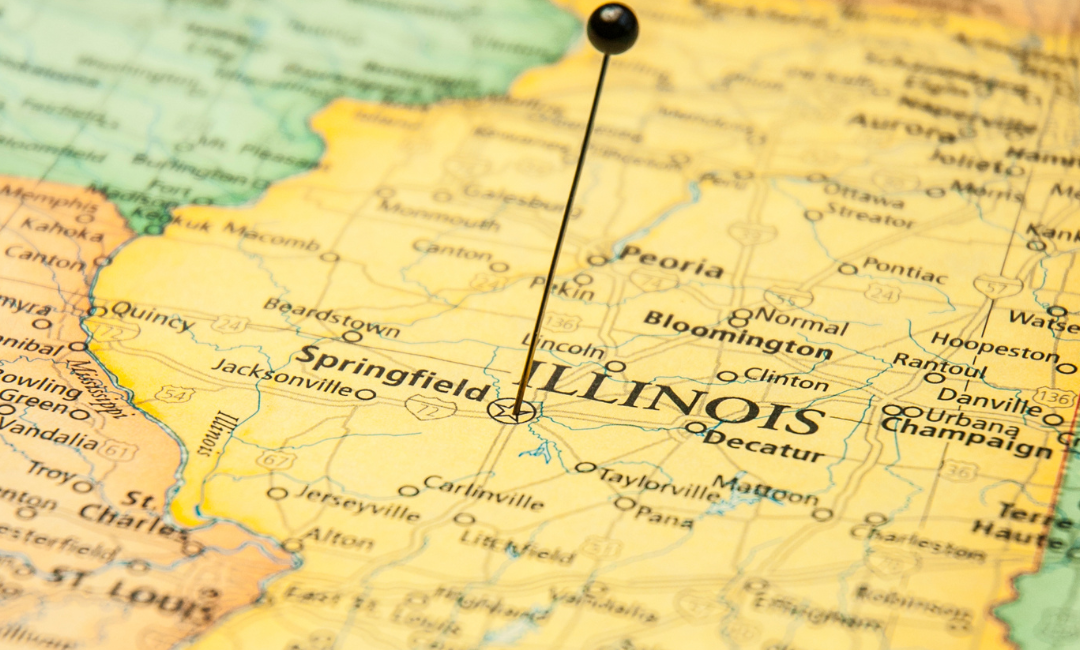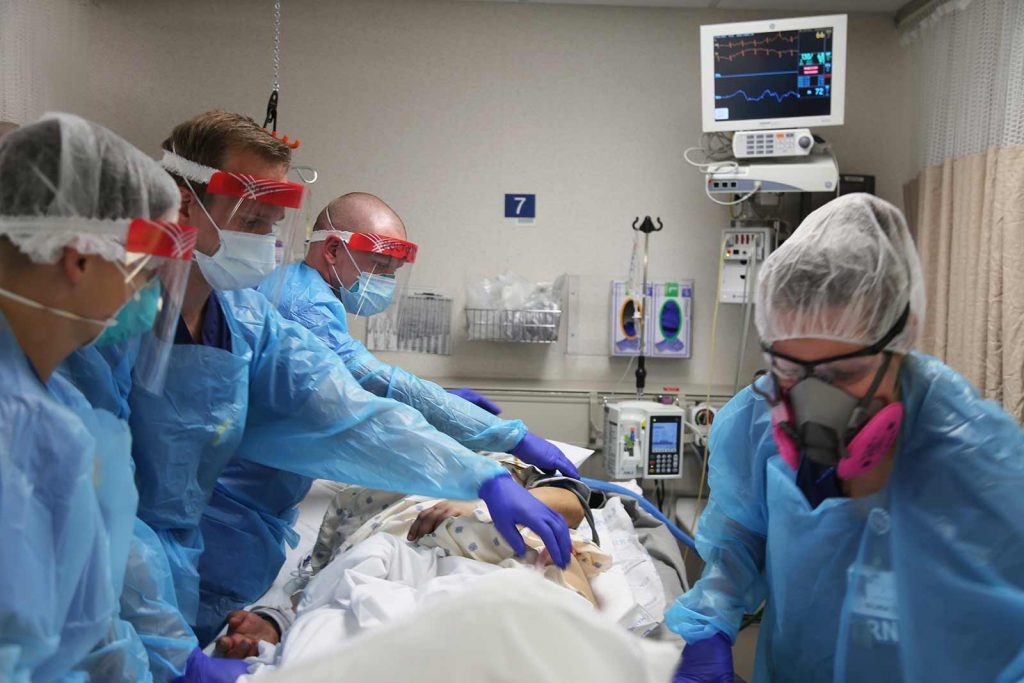What’s the Hold Up?
In the Spring of 2020, the U.S. Department of Homeland Security mapped out 17 classes of workers who were deemed “essential critical infrastructure workers” and thus eligible for pandemic-related hazard pay, which naturally included healthcare workers.
“Then what’s the hold-up?”
Well, many nurses have not seen this money yet because the proposals that would have allocated said funds were stalled in the legislative process in Washington in 2020.
Lawmakers recently approved a new $1.9 trillion COVID relief bill. However, it is unclear from the 628-page piece of legislation how that proposal would impact hazard pay.
That brings us to where we are now. March of 2021, almost a year after the impacts of the pandemic landed its first punch on day-to-day life and healthcare systems.
Nearly a year of lives lost, people struggling, nurses drowning in short-staffed shifts, patients sicker than ever with almost no explanation as to the pathophysiology behind the disease, and still no clear answer as to why has hazard pay has not become a priority.
Do our community, state, and national leaders, as well as high-ranking healthcare administrators, not realize that without nurses, patient care is nearly impossible?
Will this realization come when it is them or their loved one lying in an ICU bed? They will certainly want a nurse that is not burned-out, well-compensated, sharp, and comfortable to provide them or their loved one competent, compassionate, life-saving care.
According to the White House, the latest relief proposal would “call on employers to meet their obligations to essential front line workers and provide back hazard pay,” however, no direct allocation of funds or actionable enforcement is mentioned; leaving nurses at the mercy of employers to do what the White House says is their “duty to do right by their essential front line workers.”
If moral obligation was enough to motivate people in positions of power to allocate well deserved hazard pay to nurses on the front lines, nurses would have already seen a boost in their paychecks by now.
I wouldn’t hold my breath on the latest legislative efforts to bring any sort of real, tangible relief to the lack of hazard pay injustices for healthcare workers.








